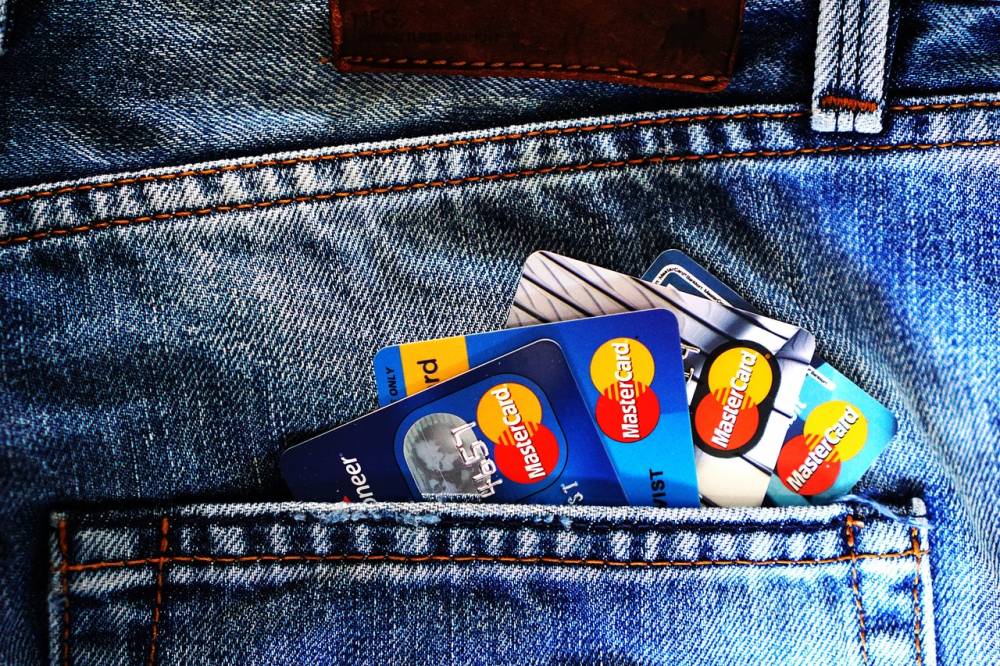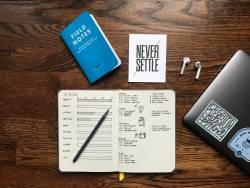
5 Best Ways on How to Drastically Cut Expenses

Being financially savvy doesn’t come naturally to all of us. From financial help books to budgeting, it can be quite overwhelming. This is why we need tips and tricks to cut costs, save money and practice penny pinching where we can. The following are 5 different aspects of our daily lives and ways to cut expenses.
1. Transportation
Modern lifestyles have seen the use of the automobile as a must-have, a requirement, a necessity. However, taking into consideration the costs of upkeep and maintenance, it’s difficult to justify the ownership, especially if we live in a city.
Daily use of petrol and its fluctuating prices, exorbitant parking fees, regular servicing after a number of miles or a timeframe, tires and parts replacement, and not forgetting, road tax and insurance bills! This is to name but a few essential costs when it comes to car ownership. To save on this, we suggest carpooling or ridesharing. This option is well matched for people who live and work in the same area such as office workers in the city.
To get some bang for our (tax) buck, consider utilising public transportation. After all, we pay taxes to the council and our local government every year for the maintenance of public transport such as buses, trams and trains. Fewer cars on the road also means less pollution and less traffic congestion.
Yet another option to using a car as a mode of transportation, is to swap four wheels for just two. The growing number of cyclists suggest a proactive movement to encourage cycling as a means of reliable transportation with multiple benefits. In addition to being environmentally friendly, it’s also an opportunity to exercise. The skills gained while fixing your own bicycle will also come in handy. What’s more, this activity gives us a chance to get to know our suburbs and neighbours a little better too!
2. Debt and Savings
The first step to reducing expenditure, is to stop spending. Yes, easier said than done but the first thing you can do is to cut your credit card. Literally taking a pair of scissors and snipping the plastic in half. This guarantees that you will not be able to spend what you do not have.
Secondly, to ensure that your expenses are within your budget, is to set up an automatic sum to be transferred into your savings account, one that will not be touched under any circumstance. It’s your rainy day fund. Then, with the balance of your salary, put aside a percentage for yourself, think of it as pocket money, to be used on a daily basis. Finally, set up automatic bill payment. At this junction, it’s good if you have as few bills as possible.
3. Bills
On the subject of bills, when reducing expenditure, you should also consider the number of things that you currently pay for. For example, aside from electricity, water, gas, telco and Internet bills, other items such as cable television and magazine subscriptions are entirely optional. These entertainment channels have a sneaky way of siphoning precious dollars every month.
Look for cost-efficient ways to access entertainment while keeping bills to a minimum. Consider sharing entertainment accounts with your family, be it Spotify or Netflix so that you can still enjoy the latest season of your favorite TV series or newest music albums. Utilise your Internet access to learning something new, whether it’s a new language, new instrument or just learning for the sake of it.
And while we are on this agenda, canceling your gym membership is a surefire way to slash expenses. Implement an exercise schedule and get your minutes in by going for a run or a hike. This gets you outdoors more often and is better for your overall physical health and wealth.
It’s also worth mentioning that your home ought to be well-insulated and sealed in order to reduce the amount of energy released, either warm air during winter or cool air during summer. If possible, install solar panels to convert free sunshine to energy. Another way to save on electricity is to use LED light bulbs in your home and to unplug all unused appliances. Every little bit helps!
4. Food
From experience, one of the biggest expenses would be groceries. At times we buy too much fresh food in advance, and not planning in advance can lead to wastage. Learn how to plan and prep your meals ahead of time before going to the shops. During meal preparation, put aside vegetable cuttings and bones to be used for soup stocks. This activity will also ensure that we reduce takeaway orders while increasing our repertoire of recipes and skills.
While this idea may be limited to space, for those of us who have a little bit of land around our homes, it’s worthwhile thinking about growing our own veggies. Start small with herbs such as mint, basil and dill. Gardening is an excellent full body workout, and this will benefit our ecosystem as well.
5. Activities
Finally, some of the things we can do to reduce our expenditure is by doing what we can without a third party. For example, learning how to dye our own hair and paint our own nails would remove the expense of paying for a hairdo and a pedicure. These little pockets of expenses add up to a fair amount at the end of each month.
We should also practice some conscious shopping, and buy only what we really need. Too often do we go to the mall and end up buying things we don’t really need. When we try to reduce expenses, window shopping or online browsing is the one thing we need to do away with completely.
Another way to reduce expenditure is to stop indulging in bad habits such as excessive drinking. Reduce intake to a moderate amount if you are keeping the vice but at least half your normal amount. The same method applies to smoking and gambling. If you are unable to go cold turkey in the first instance, at least try to cut down by half. Eventually, the habit becomes a chore, and nobody really enjoys a chore.
Conclusion
The trick to drastically reducing expenses is to stop buying the unnecessary items, get rid of credit cards and to use what we have around us. While it may take a while to adjust to a different lifestyle, reducing our expenditure will benefit us in the long run.













